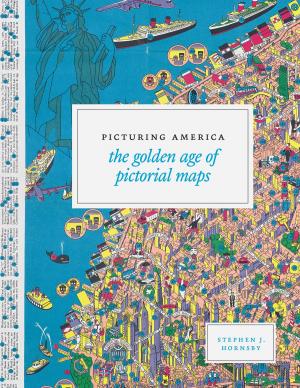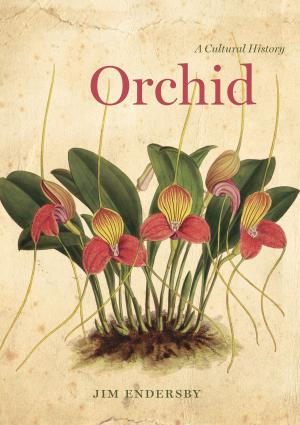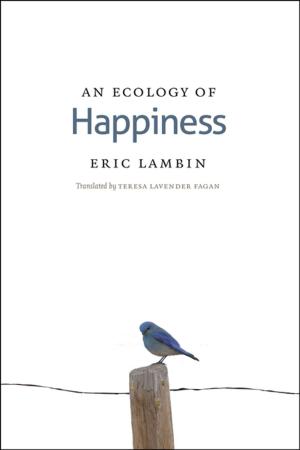| Author: | Rodrigo Gámez Lobo | ISBN: | 9780226121642 |
| Publisher: | University of Chicago Press | Publication: | April 15, 2016 |
| Imprint: | University of Chicago Press | Language: | English |
| Author: | Rodrigo Gámez Lobo |
| ISBN: | 9780226121642 |
| Publisher: | University of Chicago Press |
| Publication: | April 15, 2016 |
| Imprint: | University of Chicago Press |
| Language: | English |
In the more than thirty years since the publication of Daniel H. Janzen’s classic Costa Rican Natural History, research in this small but astonishingly biodiverse, well-preserved, and well-studied Latin American nation has evolved from a species-level approach to the study of entire ecosystems. And from the lowland dry forests of Guanacaste to the montane cloud forests of Monteverde, from the seasonal forests of the Central Valley to the coastal species assemblages of Tortuguero, Costa Rica has proven to be as richly diverse in ecosystems as it is in species.
In Costa Rican Ecosystems, Maarten Kappelle brings together a collection of the world’s foremost experts on Costa Rican ecology—outstanding scientists such as Daniel H. Janzen, Jorge Cortés, Jorge A. Jiménez, Sally P. Horn, Robert O. Lawton, Quírico Jiménez M., Carlos Manuel Rodríguez, Catherine M. Pringle, and Eduardo Carrillo J., among others—to offer the first comprehensive account of the diversity, structure, function, uses, and conservation of Costa Rica’s ecosystems. Featuring a foreword and introductory remarks by two renowned leaders in biodiversity science and ecological conservation, Thomas E. Lovejoy and Rodrigo Gámez Lobo, in addition to chapters highlighting the geology, soils, and climate of Costa Rica, as well as the ecosystems of its terrestrial, freshwater, and marine habitats, and including previously unpublished information on Isla del Coco, this beautiful color-illustrated book will be an essential reference for academic scientists, students, natural history guides, conservationists, educators, park guards, and visitors alike.
In the more than thirty years since the publication of Daniel H. Janzen’s classic Costa Rican Natural History, research in this small but astonishingly biodiverse, well-preserved, and well-studied Latin American nation has evolved from a species-level approach to the study of entire ecosystems. And from the lowland dry forests of Guanacaste to the montane cloud forests of Monteverde, from the seasonal forests of the Central Valley to the coastal species assemblages of Tortuguero, Costa Rica has proven to be as richly diverse in ecosystems as it is in species.
In Costa Rican Ecosystems, Maarten Kappelle brings together a collection of the world’s foremost experts on Costa Rican ecology—outstanding scientists such as Daniel H. Janzen, Jorge Cortés, Jorge A. Jiménez, Sally P. Horn, Robert O. Lawton, Quírico Jiménez M., Carlos Manuel Rodríguez, Catherine M. Pringle, and Eduardo Carrillo J., among others—to offer the first comprehensive account of the diversity, structure, function, uses, and conservation of Costa Rica’s ecosystems. Featuring a foreword and introductory remarks by two renowned leaders in biodiversity science and ecological conservation, Thomas E. Lovejoy and Rodrigo Gámez Lobo, in addition to chapters highlighting the geology, soils, and climate of Costa Rica, as well as the ecosystems of its terrestrial, freshwater, and marine habitats, and including previously unpublished information on Isla del Coco, this beautiful color-illustrated book will be an essential reference for academic scientists, students, natural history guides, conservationists, educators, park guards, and visitors alike.















